Author: Lynda Benigno
America; we have a problem, a sickening, emotionally exhausting, gun problem. When I try to contemplate the loss of life, physical injuries, trauma, and grief, my head spins. Seeing hundreds of " thoughts and prayers" posts on social media makes me nauseous. I imagine many others feel the same as I do. We as a country are perfectly comfortable with a level of violence that seriously injures or snuffs out lives in one foul swoop. Where has our humanity gone?
The memory of coming home from school on April 20, 1999; seeing kids my age, terrified and crying outside their school, is still fresh in my mind. At the time, it did not occur to me that this event would become commonplace. More than ten years later, gun violence touched my family, as did the realization that no one is immune to becoming a statistic. This year marked the 20th anniversary of Columbine, and I have developed a mental list of places I associate with mass death. Grocery stores/shopping malls, bars, clubs, concerts, movie theaters, churches, and office buildings. Perhaps it's my way of coping with the endless stream of human slaughter and suffering that lays itself bare on the television screen and in my news feed. How long before there are memorials on every street corner in our country? Why are we cowering in the face of the disintegration of basic human decency?
Statistics on gun violence in America are grim.
· The U.S has had 249 mass shootings in 2019.
· The U.S has six times the gun homicide rate as Canada, and the gun homicide rate in the U.S. is 25 times that of other high-income countries.
· Firearms are the second leading cause of death in American children and teens and the first leading cause of death for African American children.
· 4.5 million American women have been threatened with a firearm by an intimate partner.
· 52 American women are shot and killed by an intimate partner each month in the U.S.
· Gun homicide rates are higher in racially segregated neighborhoods with high poverty rates.
· 58% of American adults or someone they care for has experienced gun violence.
· Three million American children witness gun violence a year.
We can debate the broadly defined term, mass shooting, until we are all blue in the face. I have no interest. I have no interest in talking about good guys with guns, second amendment rights, or extra security measures in buildings or at outdoor events. I will say this. I believe having a president who incites violence with racist and sexist rhetoric is not helping. Easy access to firearms is a problem. The unwillingness of Congress to ban the sale of assault weapons, the most favored weapon of mass shooters, is a problem. Entitled, misogynistic, racist white males are a problem ( and the one common thread in all mass shootings). Access to mental health services is a problem. However, it should be noted that statistically, those with mental illness are more likely to be a target of gun violence than a perpetrator. Calling shooters crazy when the reality is they are methodical is a problem. Poverty, substance abuse, and domestic violence are a problem as they are contributing factors. The fact that shootings are inevitable, and the loss of life is acceptable is a problem.
Do I have any easy answers for stopping the current insanity? No. Do I hope you will talk about it, call your congressional leaders, and organize discussions in your community? Yes.
Whether you are a victim of gun violence, a witness, or just emotionally drained from the imagery and talking heads on the news, I have a few suggestions to help you cope.
1. Practice Self Care- Eat healthily, sleep, exercise, and do your best to maintain a routine. It may seem selfish to think about yourself; however, you can not pour from an empty cup.
2. Recognize when you or those around you need support- There is no shame in getting help. If you notice changes in eating habits, sleep patterns, mood swings, or low energy levels, seek advice from a therapist. If you see these changes in someone you love, do your best to be supportive and suggest therapy. After a traumatic event, having someone to talk to who is understanding will make all the difference.
3. Limit Media Exposure- The medias portrayal of mass shootings have been shown to cause acute stress and trigger PTSD. While it is essential to stay informed, the constant barrage mass death is not good for anyone. Turn off the tv and your phone whenever possible.
4. Check-in with your kids- For children directly impacted by gun violence, increased anxiety, fear, depression, and difficulty expressing their emotions may occur. Witnessing news reports on mass shootings will challenge your children's sense of safety. Have a conversation with them by letting them openly express their fears, concerns, and questions without injecting your own two sense. Stay calm and validate their feelings by telling them what they are feeling is normal and rational. Limit their exposure to the 24-hour news cycle as much as possible.
The opinions expressed in this article are of the author and not intended to diagnose, treat, or cure any mental or physical condition. If you are struggling, please contact your health care provider, the National Suicide Prevention Hotline at 1-800-273-8255, or Stepping Stone Community Services at 330-577-4099.

